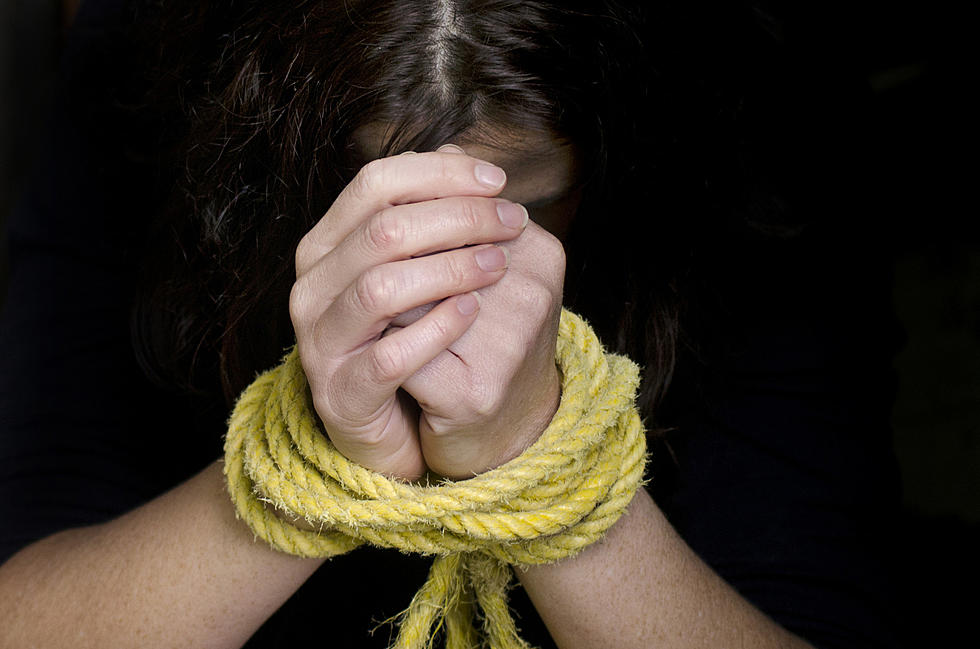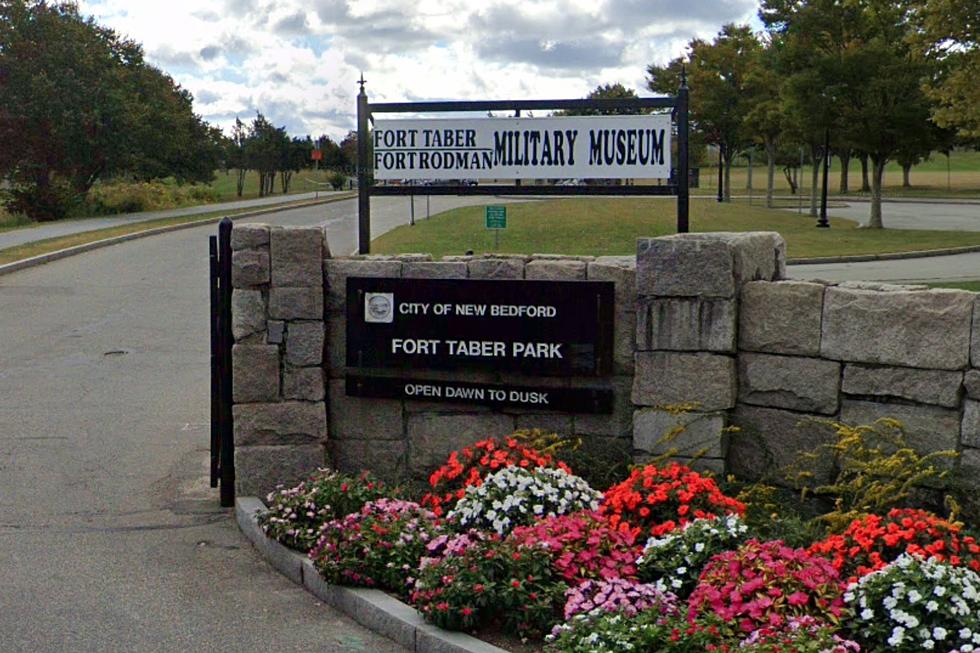
‘Horrific': Human Trafficking in New Bedford Comes to Light
Trigger warning: The following story contains references to rape and sex trafficking that may be traumatic for survivors.
NEW BEDFORD — As Human Trafficking Prevention Month wrapped up yesterday, social workers and law enforcement authorities are reminding SouthCoast residents that trafficking happens year-round — and it happens in New Bedford too.
"One of the unintended consequences of coronavirus has been that there's been a huge rise in child sexual exploitation cases," said Hassan Souto, Education and Outreach Coordinator for the Women's Center in New Bedford.
Souto said that before joining the city's human trafficking task force, he didn't realize how pervasive it was.
"Honestly, I just thought it was like the movie Taken — I had no idea this was happening in New Bedford," he said.
The Children's Advocacy Center for Cape Cod and the Islands reports that in 2021 alone, support services were provided to nearly 300 child victims of human trafficking in Bristol and Plymouth counties.

The vast majority of cases — nearly 90% — had an online element, in which communication or planning took place online.
Children in communities including Westport, Fall River, Dartmouth, Brockton, Mashpee, and Plymouth were identified as victims.
In 2021, the New Bedford human trafficking task force received 155 referrals for concerns of sexual exploitation of children — but Souto noted that since cases are massively underreported, the actual number could be ten times that.
Many vulnerable children — those in foster care or group home settings — can and have been exploited by older men giving them items like phones or pocketbooks at parties, in return for favors.
But victims of human trafficking aren't just children, and they can be male or female.
Souto said that many cases start with a seemingly legitimate job offer for someone hoping to work in the U.S.
"I set up an apartment, a cell phone, a little bit of furniture, and now her $100 a week isn't enough for what she owes me, and now she's being labor trafficked," he explained.
Labor trafficking can also lead to sex trafficking, too, Souto said, especially if the person is younger, usually anywhere from 16-25.
"It's very horrific," he added. "These women are just brutalized."
One recent case involved several women who were kept in the basement of a New Bedford business and raped every 15 minutes.
Although the crime ring involved has since been disbanded, no further details are being provided in order to protect the victims, who are now using a variety of support services.
Trafficking can be hidden — or it can be out in the open, as those posting stories online of creepy strangers approaching them in local parking lots can attest.
“They send a good looking young woman over to talk to you, because that’s obviously…less threatening,” said Women's Center Outreach Advocate Kayla Machado, who said that many of her friends have experienced this situation in the past few years.
Machado described how perpetrators try to get victims near their vehicles by telling them to come and get a pamphlet, or something similar.
"I'm super aware of my surroundings for that reason," she said.
But Souto said that more often, traffickers prey on the most vulnerable, especially by bringing people out of their normal environment.
"It's a lot easier to exploit somebody from another country who's here, who doesn't have any family or friends here," he said.
With so many different types and facets of human trafficking, tackling the issue is a tall order.
But the city's human trafficking task force includes representatives from local, state and federal law enforcement as well as various community, municipal and social agencies.
They meet for monthly check-ins, help connect victims to services, provide trainings, and raise awareness among the public.
Awareness can help SouthCoast residents identify the signs of labor trafficking (including if someone's speech or movement is controlled by another, among other clues) in their neighborhood or community.
And parents or guardians can discuss online safety with children and teenagers to help prevent child sexual exploitation.
If you think you or someone you know might be the victim of human trafficking, call the National Human Trafficking Hotline at (888) 373-7888.
Downtown New Bedford Then and Now
25 New Bedford Bars That Are No Longer Here, But That We'll Never Forget
More From WBSM-AM/AM 1420









